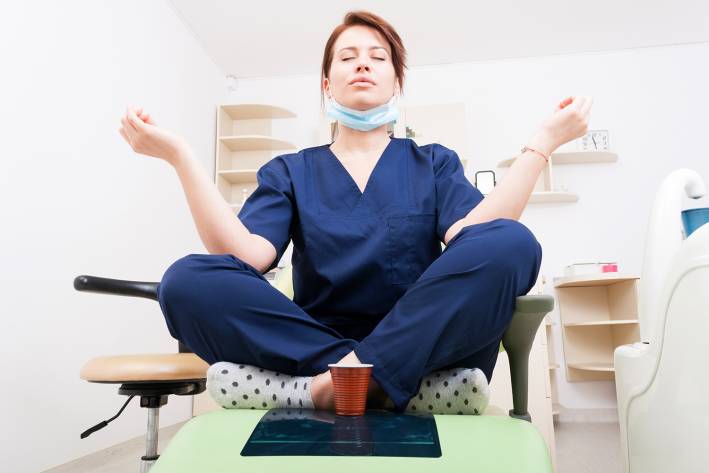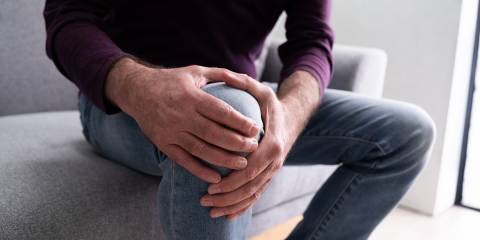I'm a longtime advocate of holistic health and have been studying and practicing Tai Chi, Qigong, and using many other natural healing modalities for most of my life. However, I also know from personal experience that there are times when allopathic medicine is the best course of action. It all comes down to a kind of balancing act. We all know the failures of our current medical system when it comes to the important health considerations of both prevention and nutrition. Many allopathic (i.e. conventional) primary care physicians (PCPs) willingly admit that they were given little advice and training about nutrition in medical school. Here in the US, it's fairly obvious that the entire healthcare system has been predicated on fixing medical issues rather than trying to prevent them.
Given these realities, what's the best way to balance the two approaches? Personally, I view my medical care as an inter-relational circle of advisors with my PCP and a generalist naturopath at the core. In the periphery, if you will, are various allopathic specialists such as, for example, cardiologists; naturopaths who specialize in certain illnesses or treatments; and then a layer of other types of practitioners I've relied on from time to time including massage therapists, chiropractors, and yoga therapists.
Developing a sense of medical problems as a journey can also be helpful. This entails not expecting a doctor or other practitioner to "fix things" immediately. I've known people who seem to have this inclination, and are eager to just make an appointment whenever anything seems amiss. It's understandable, but sometimes waiting and watching is the best course, depending on the situation. Complex medical problems require time and patience, and sometimes the body-brain just needs time to heal itself or to point us in the right direction.
Let me share a personal experience in this context. I had a problem with sciatica years ago. I had a pretty severe case that had me hobbling around with a cane. I ended up consulting (in sequence) a PCP, two chiropractors, two physical therapists, and a yoga therapist. After a year-long journey trying to alleviate the pain and restore a normal condition, I was still discouraged. A few of the practitioners could alleviate it somewhat, but my long-time chiropractor told me I would always have the pain. (This turned out to be off the mark). On a whim and slightly desperate, I tried some yoga therapy, something that I hadn’t even known existed. Over time, combined with regular massage, the sciatica was healed.
More importantly, as I was going through this journey, I learned valuable lessons along the way from each of those practitioners. This made tuning into my own body easier and helped me actually feel what was happening with the way the pain manifested and affected different parts of the body. I learned what bothered it, what helped it, what movements to avoid, and what exercises I could do to deal with recurrence. As a person given to a "life of the mind" this was a rather dramatic shift.
I grant you that a lot of hard work and applied mindfulness is needed to arrive at this level of self-care. I also grant that many simply do not have the time or inclination to take the same path. In my case, it was fostered in part by a deep interest and strong belief in alternative and self-care. But the argument for doing so is still compelling because increasingly this kind of Emersonian self-reliance will be more and more important as our for-profit healthcare system continues to decline.
As reported by the Washington Post last year, the United States "has the worst health-care system overall among 11 high-income countries, even though it spends the highest proportion of its gross domestic product on health care."This was based on research by the Commonwealth Fund, which conducts independent research on health care. Covid was just the straw that broke the camel's back.
All of this just underscores the need to take more responsibility for self-care care while still judiciously looking for and relying on the allopathic system's value where and when appropriate. It’s definitely a balancing act but one well worth undertaking.





